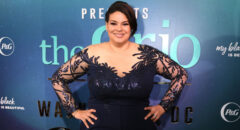oranges, grapefruits, lemons, limes, and tangerines.
Fatty fish

Fatty fish, including salmon, sardines, and mackerel, are known for their unique health advantages. Their omega-3 fats, selenium, and antioxidants like canthaxanthin may offer cancer-protective effects. Some analyses indicate that eating fatty fish may lower your risk of breast cancer. Offsetting your omega-3 to omega-6 ratio by eating more fatty fish and less refined oils and processed foods may also help decrease your breast cancer risk.
Berries

Regularly enjoying berries may help reduce your risk of certain cancers, including breast cancer.
Fermented foods
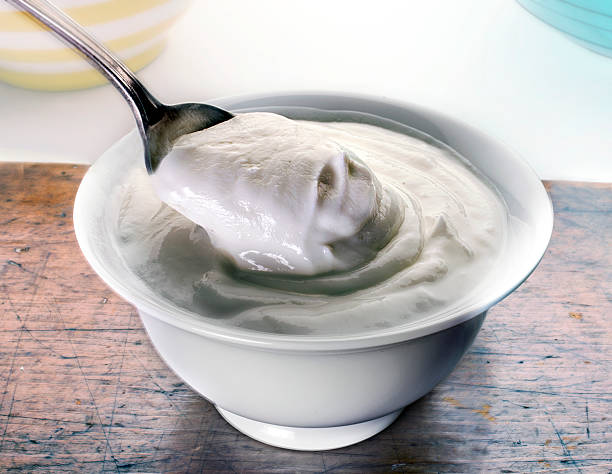
Fermented foods like yogurt, kimchi, miso, and sauerkraut include probiotics and other nutrients that may protect against breast cancer. Animal research indicates that this defensive effect is related to the immune-enhancing effects of specific probiotics.
Allium vegetables
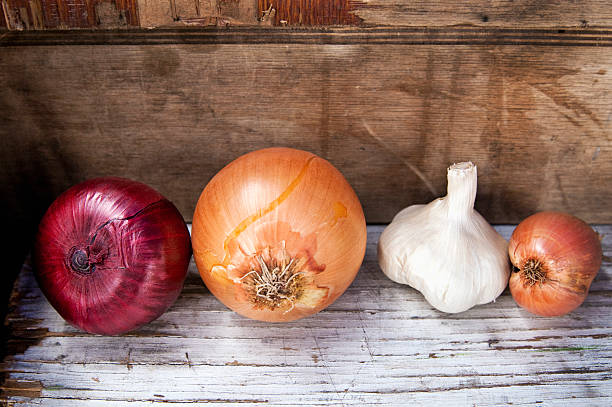
Garlic, onions, and leeks are all allium vegetables that puff a collection of nutrients, including organosulfur compounds, flavonoid antioxidants, and vitamin C. These may have potent anti-cancer properties.
A study of 660 women in Puerto Rico tied high garlic and onion intake to reducing breast cancer risk.
Peaches, apples, and pears
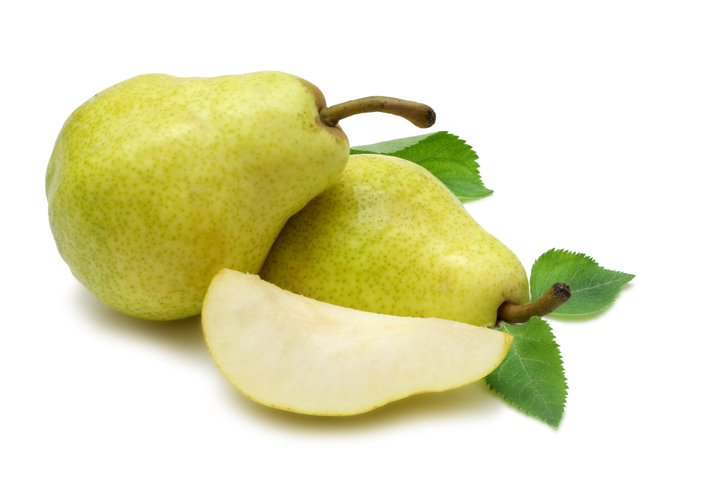
Fruits — especially peaches, apples, and pears — have been demonstrated to protect against breast cancer.
Cruciferous vegetables
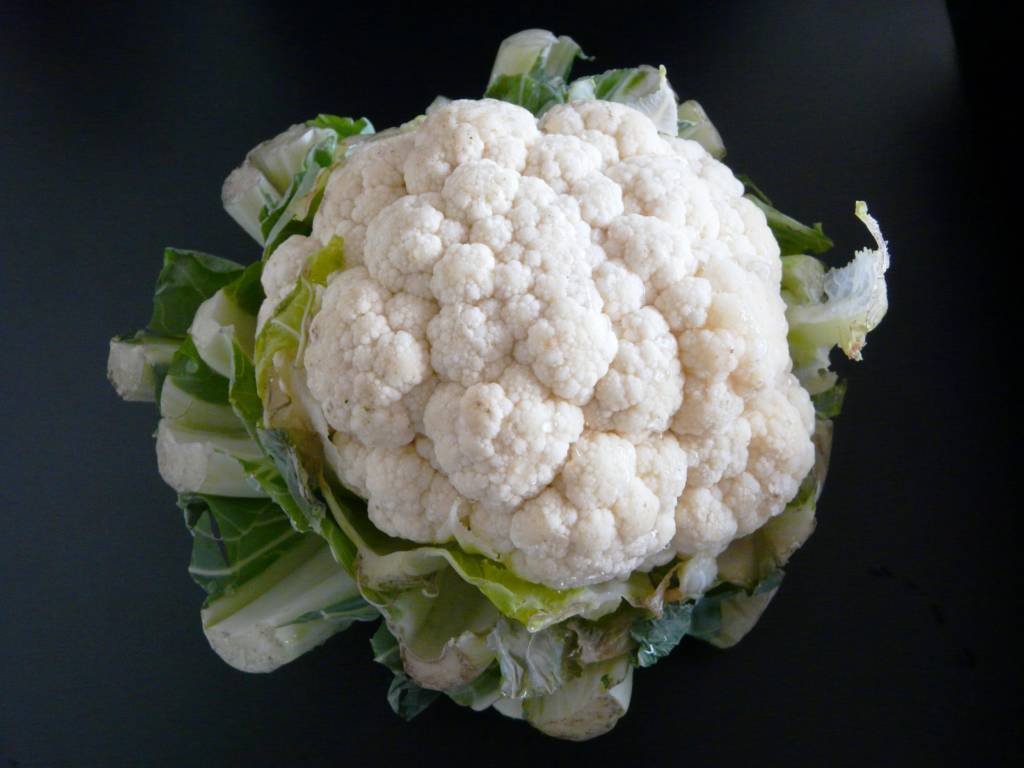
Cruciferous vegetables, including cauliflower, cabbage, and broccoli, may help reduce your risk of breast cancer.
Beans

Beans are packed with fiber, vitamins, and minerals. Particularly, their high fiber content may defend against breast cancer.
Herbs and spices
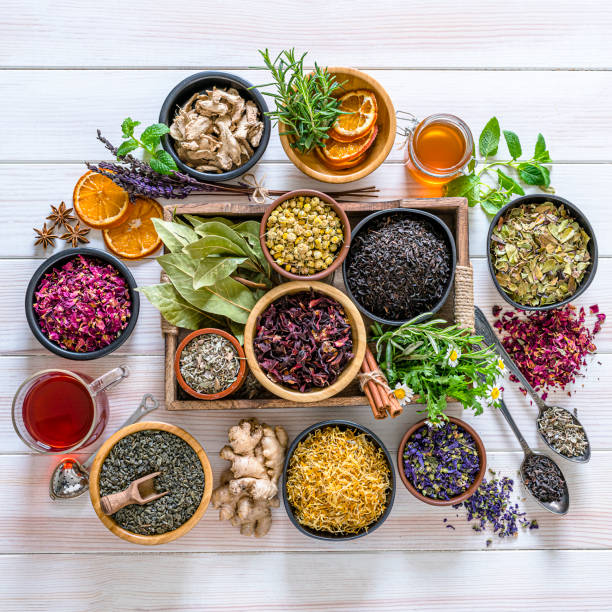
Herbs and spices like parsley, rosemary, oregano, thyme, turmeric, curry, and ginger have plant compounds that may help defend against breast cancer. These include vitamins, fatty acids, and polyphenol antioxidants.
Conclusion
Following a healthy diet rich in foods like leafy greens, fatty fish, citrus fruits, beans, berries, and specific herbs and spices may help lower your breast cancer risk.







